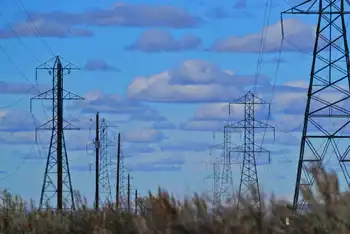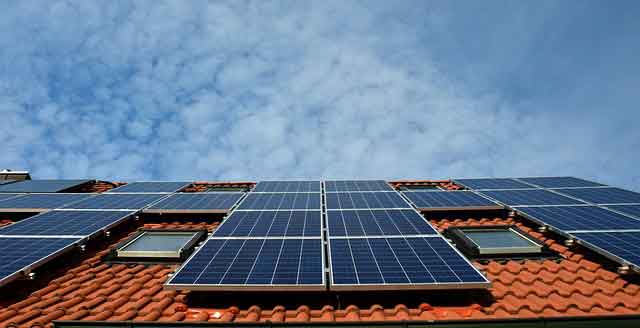Thailand targets 800 MW of wind power
By Industrial Info Resources
High Voltage Maintenance Training Online
Our customized live online or in‑person group training can be delivered to your staff at your location.

- Live Online
- 12 hours Instructor-led
- Group Training Available
Last year, Wind Energy won two licences from Thailand's Ministry of Energy to construct windfarms with a total generating capacity of 240 MW: the 180-MW Huay Bong 1 and 2 windfarms in the Dan Khun Tot district of Nakhon Ratchasima province in the northeast of Thailand, and the 60-MW Khao Kho windfarm in the Phetchabun province in the north of the country.
Earlier this month, Wind Energy signed a purchase contract with Siemens Wind Power, a business unit of Siemens AG, for the supply of wind turbine equipment for both projects. At the same time, Wind Energy signed an $80 million construction contract with Demco PCL for the construction of the Huay Bong 1 and 2 projects.
Construction of the Huay Bong 1 and 2 windfarms is scheduled to begin in the third quarter of this year, with commercial operations expected to start by the end of 2011.
Demco has also been awarded the construction contract for the Khao Kho project, reported to be worth $28 million. Demco has a 10% interest in the joint venture company Sustainable Energy Corporation, which will operate the windfarm, with Wind Energy holding 60% and Thailand's leading private power producer Ratchaburi Electricity Generating Holding Public Company Limited holding the remaining 30%.
Demco also expects to start construction of the Khao Kho project during the third quarter of this year and have the farm commercially active in the middle of 2011.
In addition to the Khao Kho windfarm, Ratchaburi is also planning to become involved in two other renewable energy projects. The company is in talks with an un-named strategic partner to construct a 10-MW biomass power plant and has plans for solar-power facilities. It is currently talking with developers and suppliers of solar cells to determine the technology and construction costs involved.
Thailand has set a target to meet 20% of the nation's power demand from renewable sources by 2020. The Ministry of Energy has established the Alternative Energy Development Plan (AEDP) to set strategies to achieve this goal and is looking at more conventional renewable energy sources, such as wind and solar power, in addition to hydrogen and bio-hydrogenated power supplies, the latter being a renewable diesel fuel produced by hydrogenating palm oil or vegetable oil feedstock.
In total, the Ministry of Energy is planning for about 5,600 MW of electricity to be produced from renewable sources between 2017 and 2022, with 3,700 MW coming from biomass plants, 800 MW from wind power, 500 MW from solar, 300 MW from hydroelectricity, and 300 MW from other sources such as biogas from municipal wastes and hydrogen technology.











